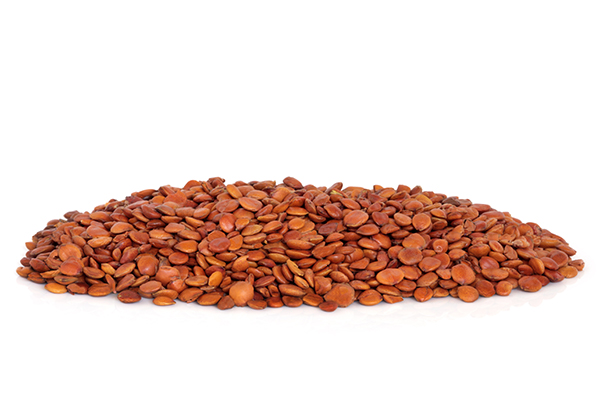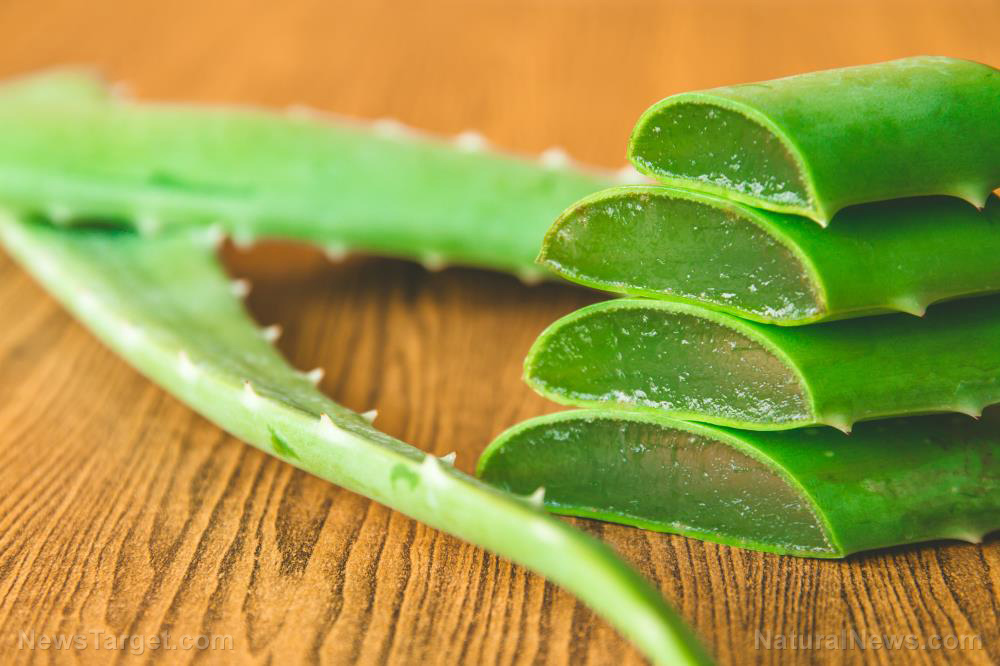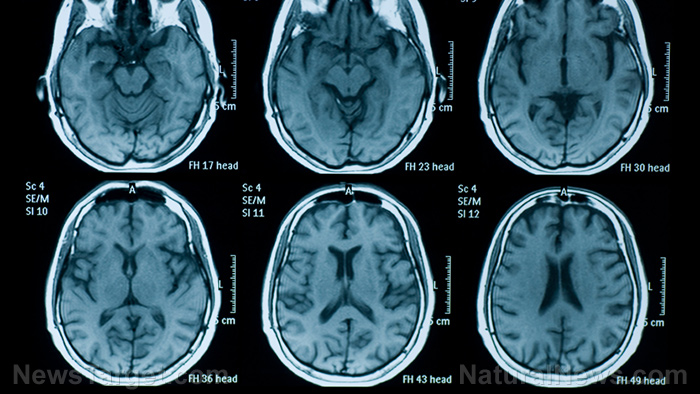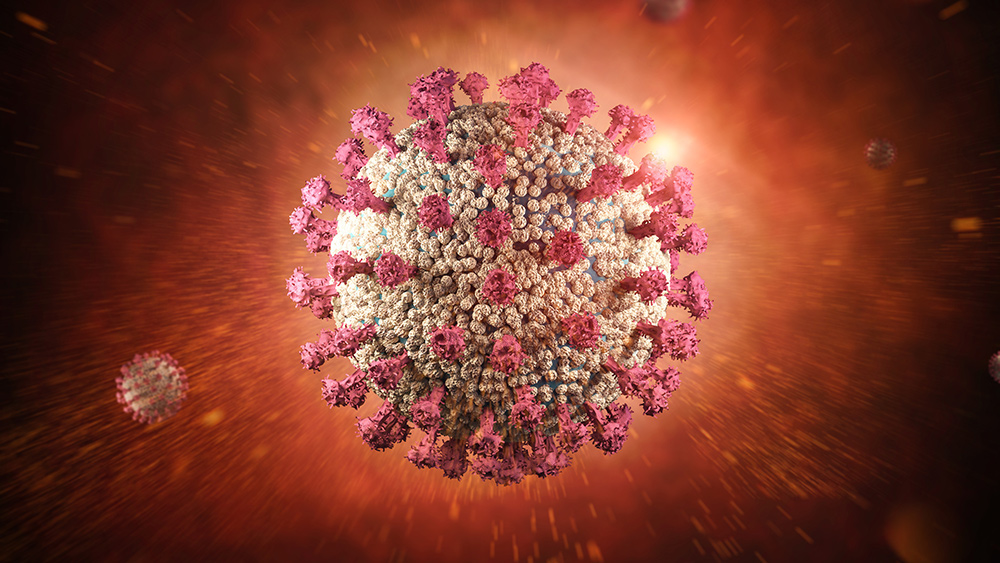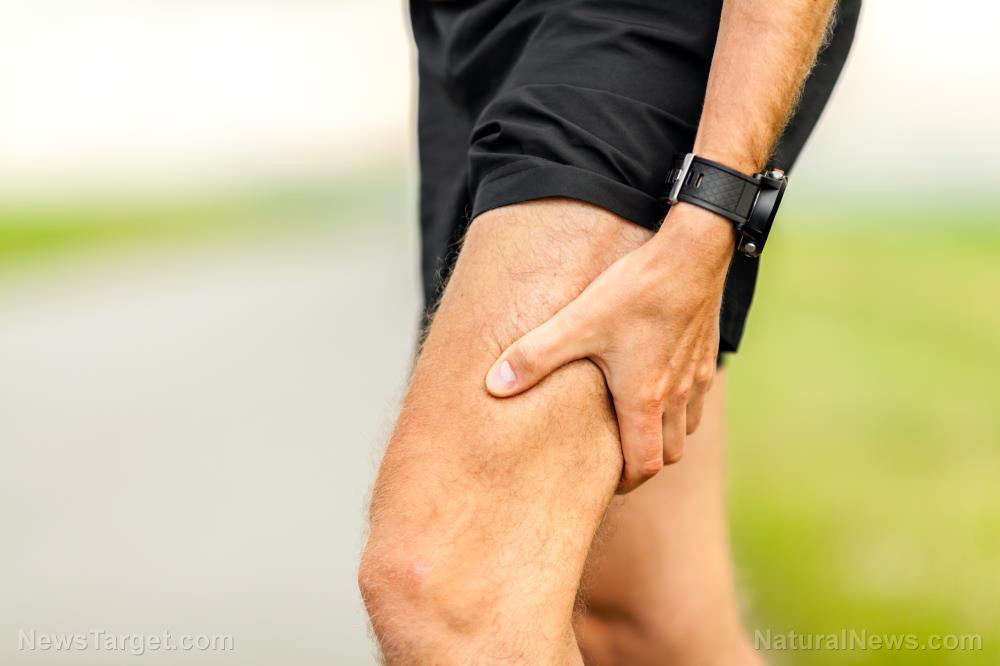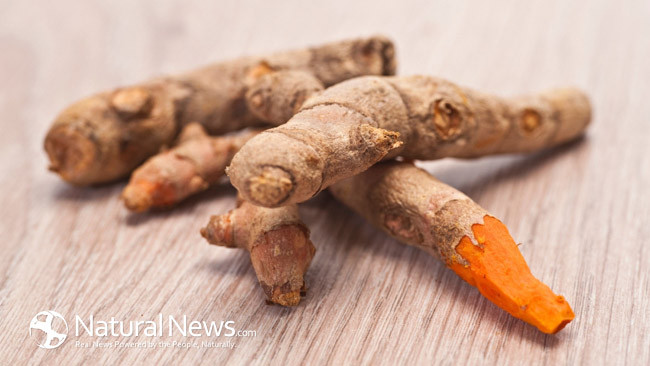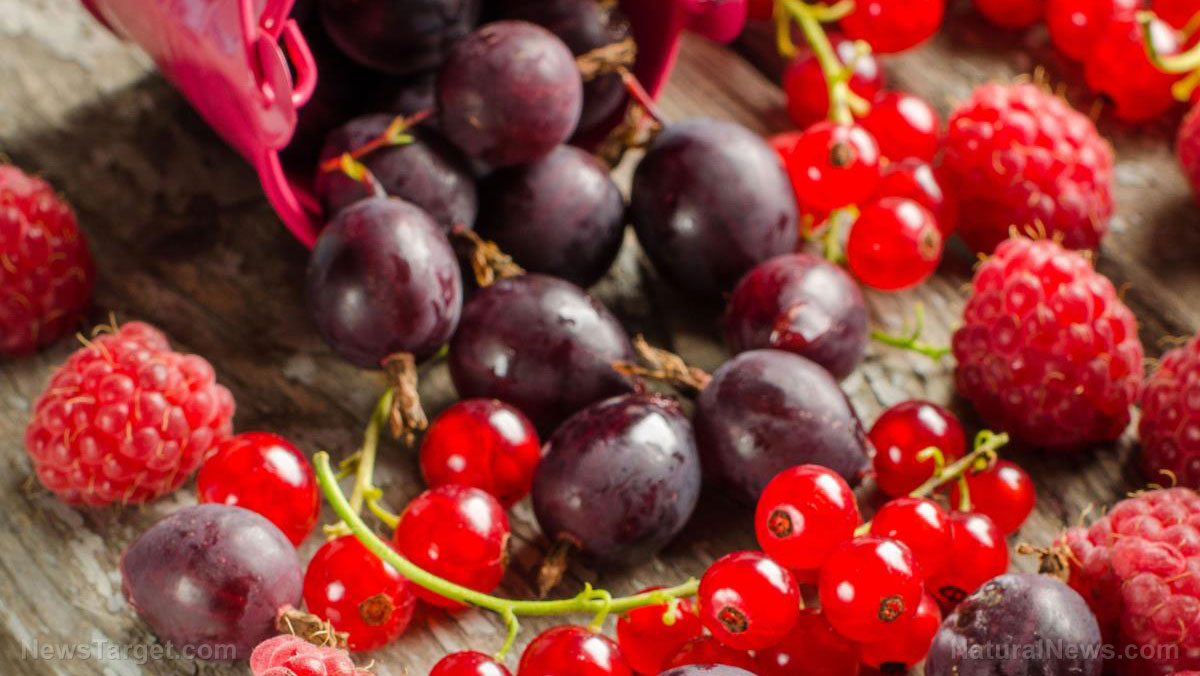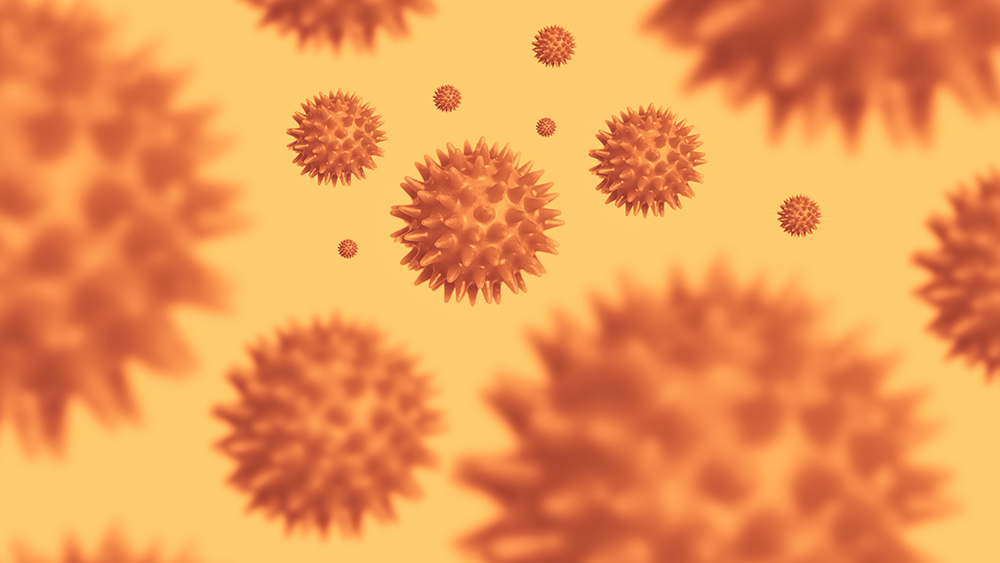Klebsiella pneumonia: The bad gut bacteria that makes you drunk even without alcohol
10/01/2020 / By Virgilio Marin

It turns out, you don’t need alcohol to get drunk, says a recent study published in the journal Cell Metabolism.
Scientists have identified a certain strain of gut bacteria that produces enormous amounts of alcohol. Those who have the strain in the gut aren’t just more likely to get drunk even without tasting a drop of alcohol; they also risk developing non-alcoholic fatty liver disease (NAFLD).
NAFLD refers to a range of liver diseases that affect those who drink little to no alcohol. It’s often characterized by a buildup of fat in the liver. NAFLD is among the most prevalent diseases in the world. In the U.S., it’s the most common form of chronic liver disease, affecting around a quarter of all American adults. Despite its prevalence, scientists still don’t know its exact cause.
Get drunk, damage the liver
The researchers made the discovery after encountering a patient with severe liver damage. In particular, the patient also has a rare condition called auto-brewery syndrome (ABS), which causes him to get drunk after eating sugary foods.
At first, the team thought the patient had a yeast infection. People with ABS are prone to yeast infections, which also produces alcohol in the gut and cause intoxication in patients. But when anti-yeast medicine didn’t work, the team realized there was something else involved. After taking fecal samples from the patient, they found that he had several strains of Klebsiella pneumonia that produced high levels of alcohol in the man.
K. pneumonia is considered a commensal bacteria, that is, it benefits from its host without hurting him. The strains isolated from the patient’s gut, however, produced up to six times more alcohol than those found in healthy people. The team also took gut microbiome samples from healthy people and those with NAFLD. The researchers noted that nearly 60 percent of samples from those with NAFLD contained medium to high concentrations of the alcohol-producing K. pneumonia. In contrast, only six percent of healthy samples carried these strains.
The team also conducted in vivo studies by feeding germ-free mice with K. pneumonia isolated from the ABS patient. After the first month, the mice developed a fatty liver. In the next month, the mice had a liver that exhibited signs of scarring, indicating that long-term liver damage had been made. However, the damage was reversed when they were given an antibiotic. The team noted that the progression of liver disease in the mice was similar to that of mice fed with alcohol.
“NAFLD is a heterogeneous disease and may have many causes,” explained co-author Jing Yuan. “Our study shows K. pneumonia is very likely to be one of them.”
However, it’s still unclear why bad K. pneumonia affects some people but poses little to no harm to others. According to co-author Di Liu, it boils down to genetic differences: Some people may harbor a gut environment that’s suitable for the growth and colonization of bad K. pneumonia.
Liu also posited that these bacteria are transmitted from carriers such as food: “It’s likely that these particular bacteria enter people’s body via some carriers from the environment, like food.” He noted that these carriers are not prevalent as the cases of NAFLD are relatively few. (Related: Study links intestinal fungus to alcoholic liver disease.)
The researchers said that their findings can help screen and treat NAFLD cases caused by bad K. pneumonia. The bacteria produce alcohol using sugar, which means patients have a detectable amount of alcohol in their blood after ingesting a simple glucose drink.
“If we can identify the cause sooner, we could treat and even prevent liver damage,” said Yuan.
Prevention.news has more on the treatment and prevention of NAFLD.
Sources include:
Tagged Under: Alcohol, alcohol-producing bacteria, bad bacteria, cool science, gut bacteria, gut health, gut microbiome, Klebsiella pneumonia, liver damage, non-alcoholic fatty liver disease, prevention






